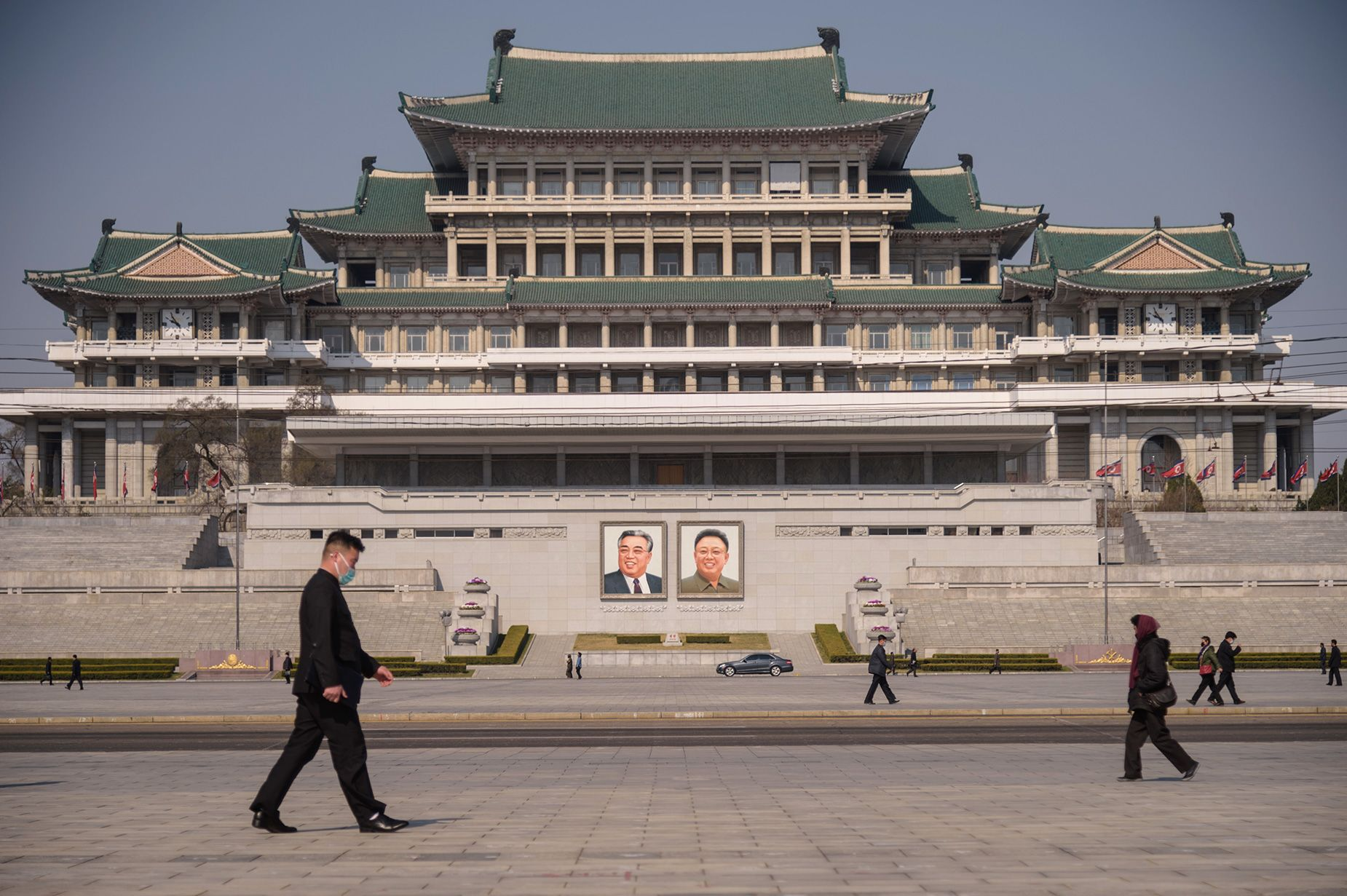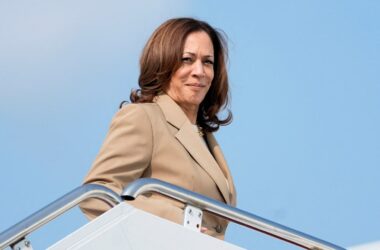In the global pursuit of combating climate change, ambitious policy targets have been a cornerstone of many nations’ strategies. However, recent statements from the Chief of the Organization of the Petroleum Exporting Countries (OPEC) shed light on what he calls ‘overzealous’ pledges. This raises important questions about the feasibility and long-term sustainability of such aggressive climate goals.
Setting ambitious climate targets has been a pivotal step in acknowledging the urgent need to address environmental concerns. Governments and organizations worldwide have committed to reducing carbon emissions, transitioning to renewable energy sources, and adopting sustainable practices. These targets are essential in creating a unified global front against climate change.
However, as OPEC’s Chief points out, there may be potential downsides to this approach. Overly aggressive targets could inadvertently lead to unrealistic expectations and place undue pressure on industries, potentially resulting in economic instability and job losses.
The essence of sustainable climate action lies in finding a balance between ambitious goals and practical implementation. While it is crucial to aspire to a cleaner, greener future, it is equally important to ensure that the transition is managed in a way that minimizes negative impacts on livelihoods and economies.
OPEC’s perspective emphasizes the need for a more nuanced approach, considering the complexities of global energy systems and the deep-seated reliance on fossil fuels. Recognizing that a sudden and drastic shift away from these resources can have far-reaching consequences is essential.
Rather than focusing solely on rigid, all-encompassing targets, the global community should consider adopting adaptive strategies. These strategies would allow for flexibility in response to changing circumstances and emerging technologies. This approach encourages continuous innovation and optimization in the pursuit of sustainable practices.
Furthermore, collaboration between stakeholders, including governments, industries, and environmental organizations, is paramount. By fostering open dialogue and knowledge-sharing, it is possible to develop more effective and inclusive solutions that take into account the diverse needs and capabilities of different regions.
While ambitious climate targets are a testament to humanity’s commitment to combatting climate change, it is important to approach them with a balanced perspective. The recent remarks from the OPEC Chief serve as a valuable reminder that achieving sustainability requires a multifaceted and adaptable strategy.
By acknowledging the complexities of global energy systems, fostering collaboration, and investing in innovative technologies, we can forge a path towards a more sustainable future. It is in the harmonious integration of ambition and pragmatism that we will find the most effective solutions to the pressing challenges of climate change.








